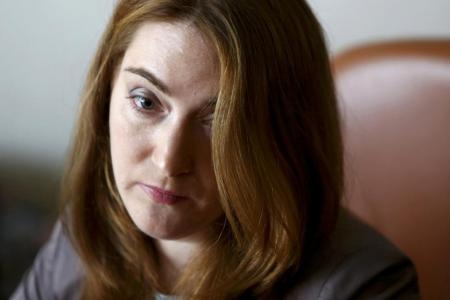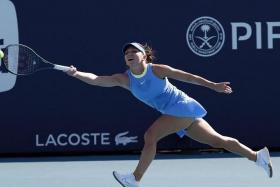Russian officials admit to doping 'conspiracy'
Russian officials have for the first time admitted the existence of a far-reaching doping operation which took place over several years and has tainted some of the world's most prestigious competitions.
In interviews with the New York Times, officials did not dispute accounts of the programme which has rocked the Olympic movement, although they denied the scheme was state-sponsored.
"It was an institutional conspiracy," Anna Antseliovich, the acting director general of Russia's national anti-doping agency, said.
Leading an investigation for the World Anti-Doping Agency, Canadian law professor Richard McLaren has found evidence that over 1,000 Russian athletes in more than 30 Olympic and Paralympic sports were involved in a plot which began as early as 2011 and ran until 2015.
McLaren's report confirmed the claims made by Russia's former anti-doping laboratory chief Dr Grigory Rodchenkov, who told the New York Times in May that urine samples had been tampered with at the 2014 Winter Olympics in Sochi, while athletes were provided with performing-enhancing drugs.
Russian sports officials had denied the existence of any doping operation even as the International Olympic Committee (IOC) opened disciplinary proceedings against several Russian athletes.
Russia's athletics team remain banned from competition by the International Association of Athletics Federation.
But, while officials have now conceded the existence of the operation, Antseliovich said it was "not state-sponsored".
Vitaly Smirnov, the 81-year-old who has been a leading sports official since the Soviet era and who has been appointed by Russian president Vladimir Putin to reform the anti-doping system, told the New York Times: "I don't want to speak for the people responsible."
"As a former minister of sport, president of Olympic committee, we made a lot of mistakes."
Smirnov said it was important to find out why athletes had agreed to be doped, but also suggested the revelations made by the Fancy Bears - a group of hackers who have leaked the medical records of several athletes from around the world - showed Russia had not been competing on a level playing field.
"Russia never had the opportunities that were given to other countries," Smirnov said.
Last week, the IOC announced it has opened disciplinary proceedings against 28 Russian athletes who competed at the Winter Olympics in Sochi.
Twenty-seven Russian athletes have already been sanctioned following re-analysis of samples from the summer Olympic Games in Beijing and London.
The IOC will also re-analyse all samples from Russian athletes given at the Winter Games in Vancouver in 2010. - PA SPORT
Get The New Paper on your phone with the free TNP app. Download from the Apple App Store or Google Play Store now


